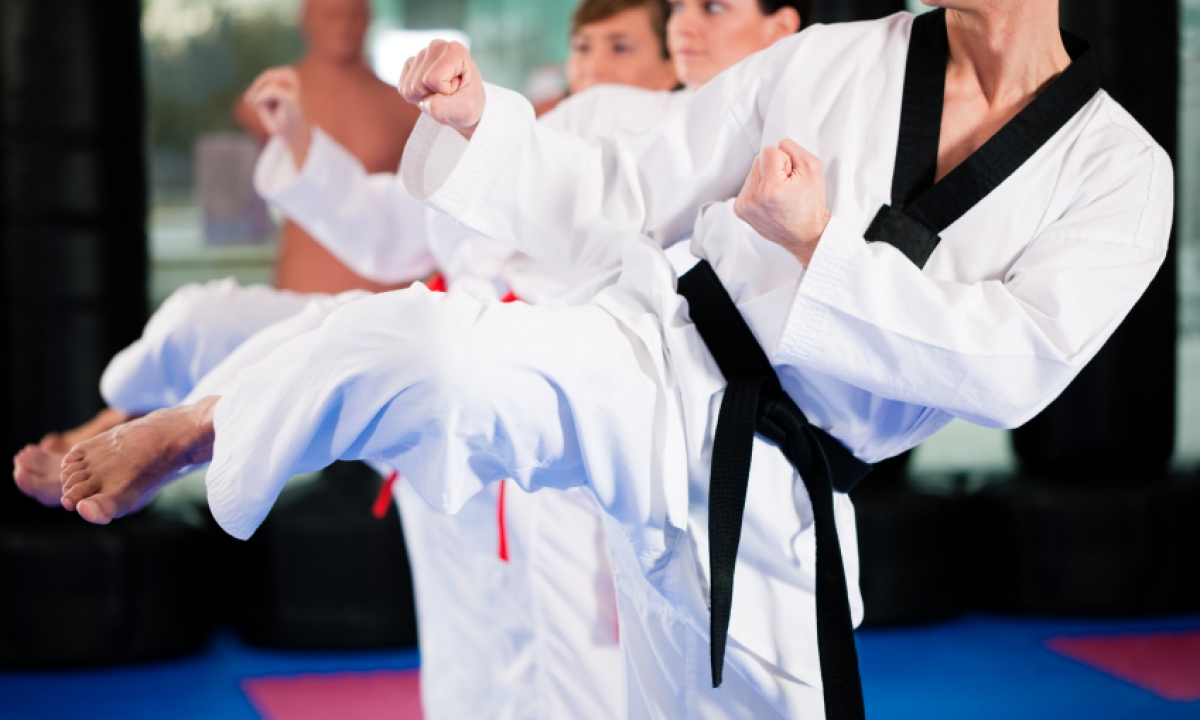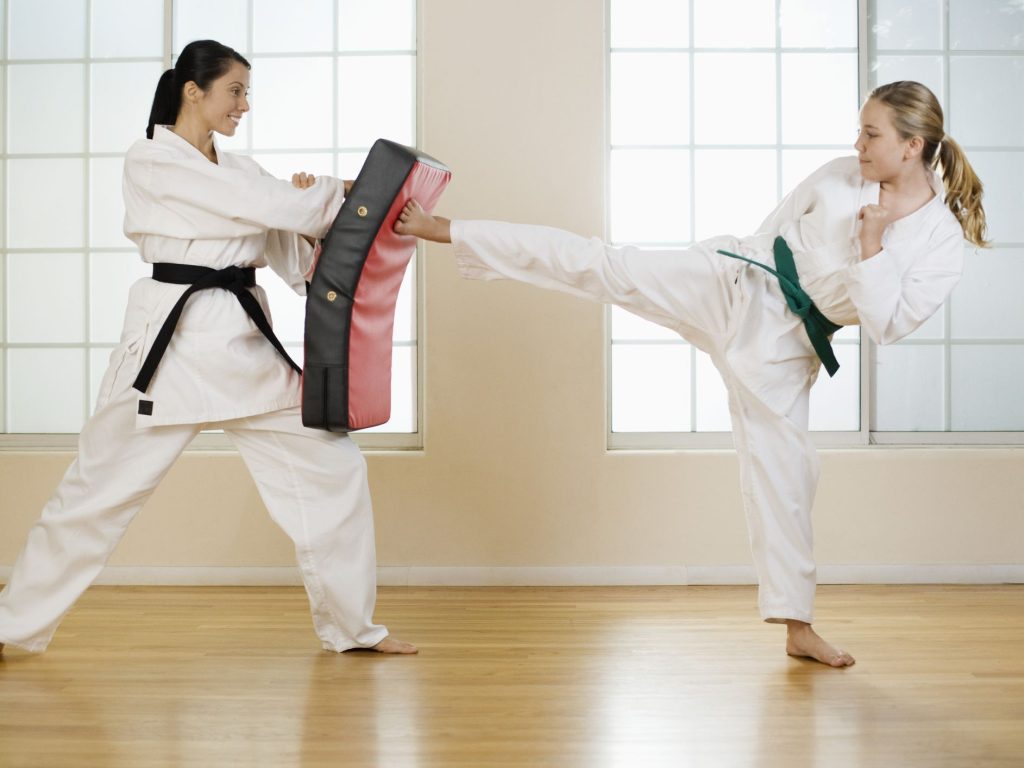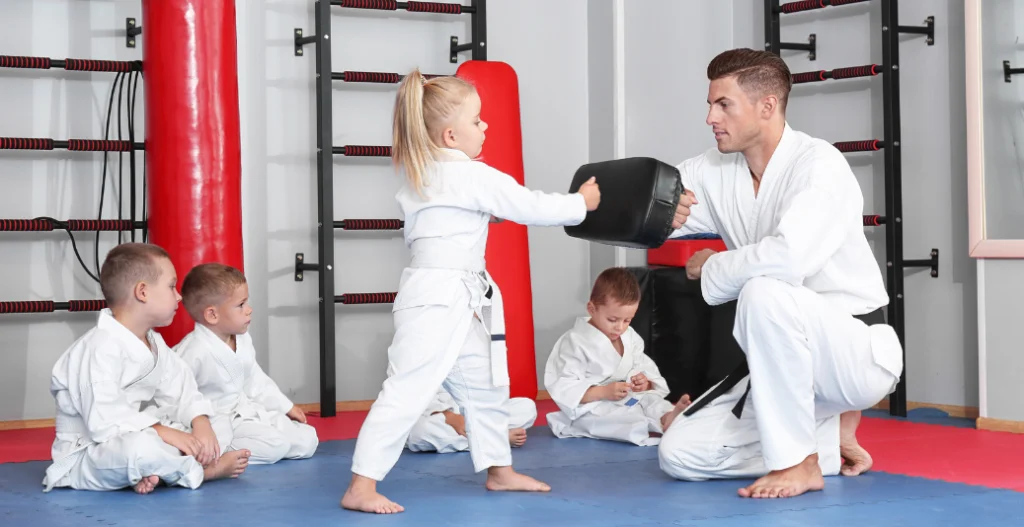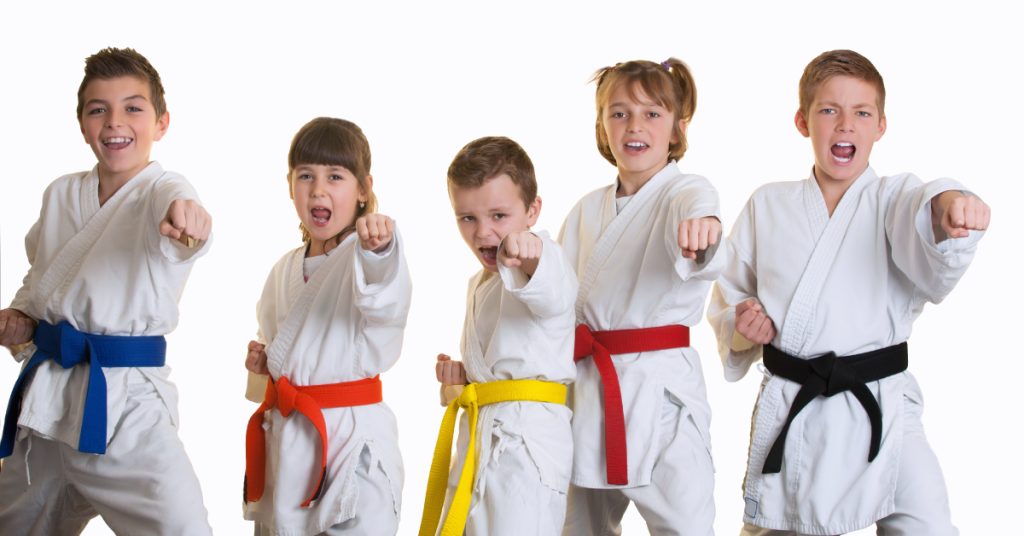
Whether it’s karate or any other sport, a young child needs the support of their family members to help keep them engaged and interested and to help them feel like they’ve accomplished something in every class. A child who feels supported will get more out of every class, better understand why they’re going to the class in the first place, and be less likely to quit out of frustration or boredom.
Table of Contents
Stick Around When You Can

Source: google.com
A large part of a child’s interest in an activity is that you are there to watch and see them in action. The pride they feel in their efforts when they know you’re watching from the sidelines helps to encourage them to move forward. Though other commitments may keep you away from a class or two, try to stick around as often as possible!
Listen And Act
You may come to a point where your child doesn’t want to go to class or wants to quit altogether. If you do, make sure you’re listening to the why behind their reasoning. It may not be a disinterest in karate but another kid in the class or frustration with not catching on as easily as other students. Use what they’ve said they like about class in the past to encourage them during their low periods.
Learn With Them
One way to encourage kids to join and enjoy karate is to take classes at the same dojo. The professionals like ChicagoNK offer karate for kids and adults so that you and your child can share an activity and grow in classes together. Your kids look up to you, so setting a good example will encourage them to continue their journey!
Your child needs your support in karate or any other activity they find themselves in. Ensure you’re there for them, listening and learning to encourage good behavior and continued attendance.
How To Prepare Your Child For Their First Karate Class?

Source: yellowpages.ca
Do you remember when your child walked for the first time? Or their first day at school? Maybe they were scared, excited, or happy. The same goes for their first karate class. If you have enrolled your child in karate (there are also karate classes for toddlers!), here’s what to know to prepare them.
Martial Arts Are For Everyone
Your child may think that karate is for grown-ups with a stronger physique, but karate is for everyone. It’s not about size or strength; it’s more about strategy and strength. That means even shorter or smaller students can be great if they know the right approach.
Being Nervous Is Natural
Most of us get nervous when we first try something. The same thing can happen with your child. You have to understand that they are heading into a new environment. That includes their uniforms, fellow students, and teachers.
Discuss what they can expect from their first karate class and suggest that they keep an open mind. Assure them that you are always there to support them. Even if they get nervous, scared, or fail, that is entirely okay. Please put your trust in them, the instructors, and the school. Gradually your child will adapt to the new environment and begin to enjoy the experience.
Be a Cheerleader But Don’t Push
Parents usually encourage their children – sometimes too much. There is a thin line between healthy encouragement and pushing beyond their limit. Please don’t be hard on them. Instead, praise them when things are done correctly and motivate them when they require a boost. Just be sure not to interfere with the class.
What Kids Can Expect From Their First Karate Class?

Source: personalbestkarate.com
We have gathered useful information to help you understand what to expect during the first karate class.
Before The Class
Since this is your child’s first class, arrive at least 15 minutes beforehand. If you have questions, you will have enough time to talk to the instructor (or sensei). Make sure your child has a water bottle to stay hydrated.
The instructor will greet you and your child. After the introduction, the class will start. We suggest you stay and watch if you are allowed.
During Class
At the beginning of the class, the new student will bow along with everyone else. This is a gesture that shows respect to the school and the art. Then the sensei will have your child line up by belt order. As they become more proficient, they will be promoted from white belt to yellow belt.
Warm-Up & Stretching
Every class will start with a warm-up and stretch. This may continue for up to 15 minutes to develop their cardiovascular endurance, overall fitness, and flexibility. It will also keep your child from getting hurt.
The Class
Your child will learn basic moves and stances in the first karate class. These are the building blocks of everything they will do to achieve a black belt. Your child may be introduced to concepts like kata (patterns of movement), choku-zuki (straight punch forward), and mae geri (front kick). These initial moves will help instill confidence, discipline, and dedication.
End Of Class
Everyone lines back up after the individual and group practice ends. The class ends by bowing to and thanking the sensei. Once again, when your child leaves the dojo, they will bow, facing the dojo to show respect. The professionals will always follow up with new students and parents to see how things went, answer any questions, and discuss the exciting things that will be done in future classes.
Bottom Line
The lessons taught by martial arts often go far beyond the physical skills of punching, kicking, and blocking. If your child is wavering on whether or not they want to continue with classes, then speak to them about the things outlined. The team of professionals will be more than happy to help in any way possible. If you have questions, please don’t hesitate to contact immediately.







